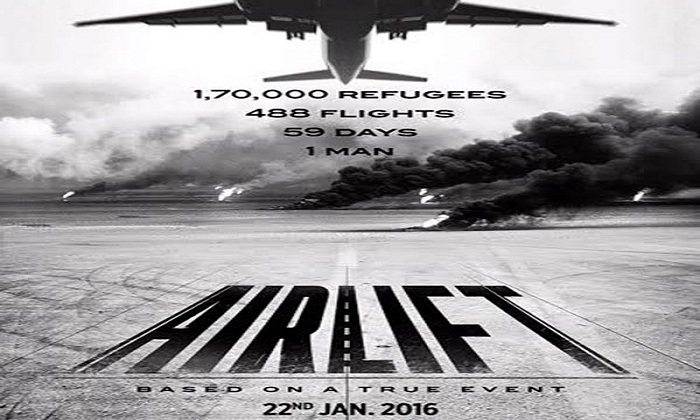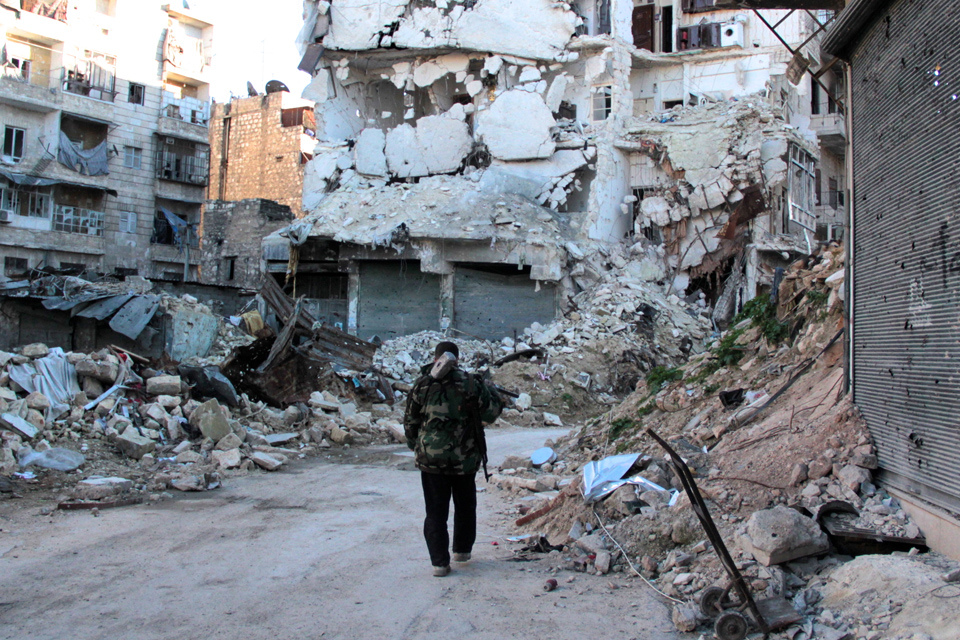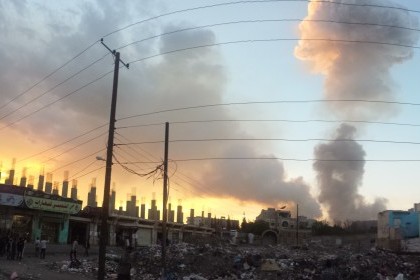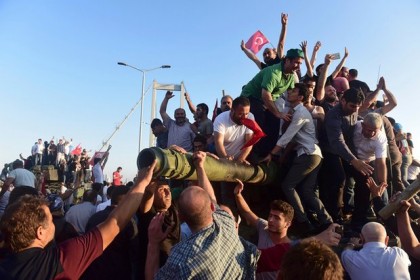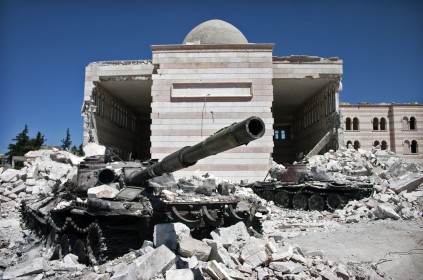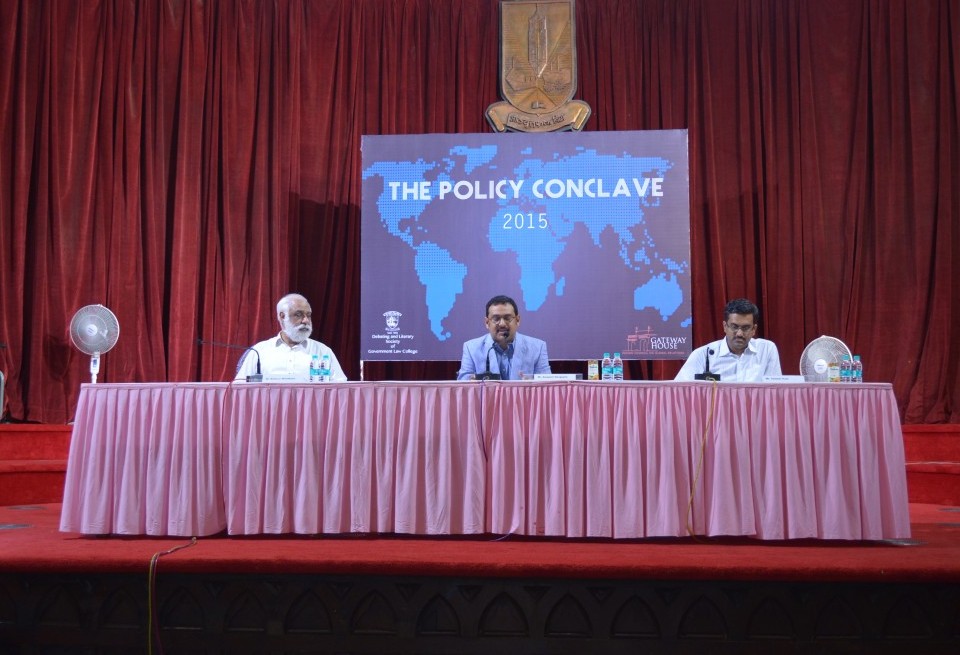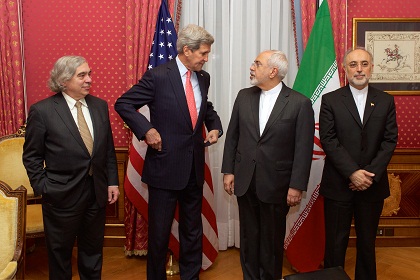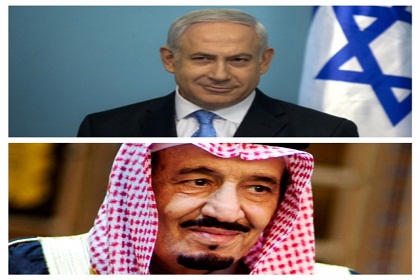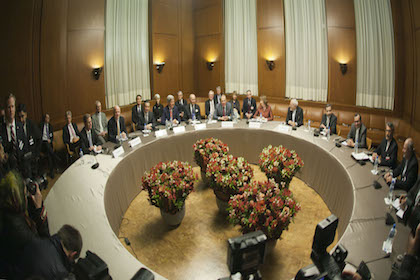Airlift: Not lifted from facts
Recently-released blockbuster Airlift, on the biggest evacuation by air in history conducted by the Government of India during Iraq's invasion and occupation of Kuwait in 1990, falls disappointingly short of presenting the true picture of the government’s laudable and timely intervention.

